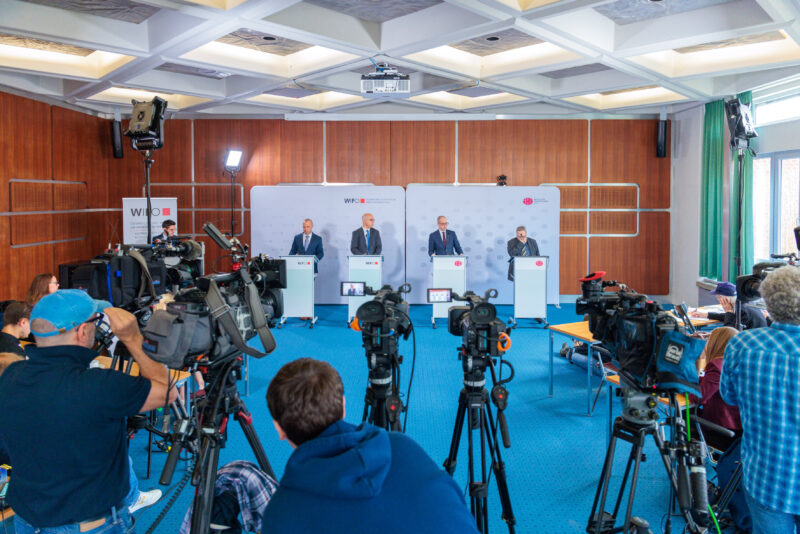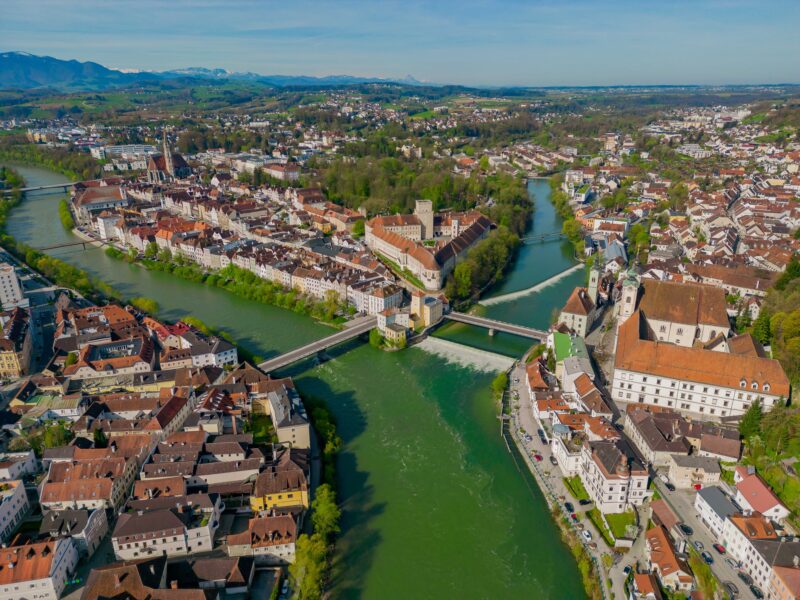
Decline of 70 Percent in Overnight Stays Expected in Winter
While the previous season in May and June was still characterised by the first lockdown and far-reaching travel restrictions (guest arrivals 73.7 percent, overnight stays 70.0 percent), the situation eased considerably between July and September (arrivals 24.2 percent, overnight stays 13.7 percent), before tourism in Austria showed a sharper decline again in October (with 57.5 percent for arrivals and 49.2 percent for overnight stays) due to increased infection figures and renewed travel warnings at key source markets. For the entire summer of 2020, this resulted in a considerable decline in both quantitative and monetary demand (arrivals 42.6 percent, overnight stays 31.8 percent, revenues: nominal 30.5 percent, real 31.8 percent).
In a scenario of the overnight stay development for the entire winter season 2020-21 (November 2020 to April 2021) it is assumed that in the main months January and February 2021 all currently existing travel warnings will remain in effect and the demand for foreign travel will thus come to an almost complete standstill. Only in the off-season (March and April) a relevant volume of foreign guests is expected. This means that in four out of six months (November to February) Austrian tourism would be confronted with an almost complete absence of foreign guests. After the reopening of accommodation facilities in the second week of January, it is further assumed that domestic demand will also pick up only hesitantly – in January, a loss of almost three quarters of the domestic overnight stays achieved in the previous year would be expected, and in February a loss of almost 50 percent.
Based on these assumptions, WIFO estimates a decline in total overnight stays of around 70 percent compared to the 2019-20 winter season (already shortened due to the pandemic) and of around 75 percent compared to the 2018-19 winter season. This figure is based on a 44 percent decline in overnight stays by domestic tourists and a 78 percent decline in overnight stays demanded by foreign guests. The revenues of tourism businesses are also reduced by significant declines in the number of day visitors.
Publications
Please contact
























